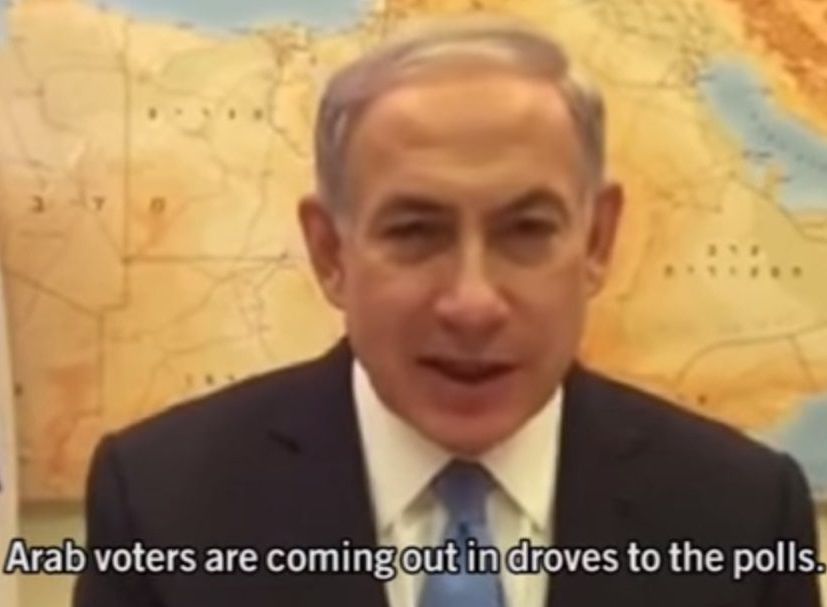Adalah: Israeli Knesset’s approval of 'Expulsion Law' poses grave danger to basic democratic rights
Adalah – The Legal Center for Arab Minority Rights in Israel harshly condemns the Knesset's 20 July 2016 approval, by a vote of 62 to 45, of the new "Expulsion Law" that allows the parliamentary body to oust publicly-elected members.
According to the law, a majority of 90 Knesset members may oust a serving Knesset member on two grounds, as enumerated in Section 7A of the Basic Law: The Knesset: 1) incitement to racism; and 2) support for armed struggle against Israel.

The Israeli Knesset in session. (File photo by Itzik Edri/Wikimedia Commons)
In addition, the law stipulates that when the Knesset decides on an expulsion, the statements of the “suspect” Knesset member will also be examined and not only their aims or actions.
The law also provides that: 1) a member's expulsion lasts for the full period of the Knesset's remaining term; 2) the commencement of expulsion proceedings requires the support of 70 Knesset members, including a minimum of 10 opposition members; and 3) suspension proceedings may not commence during an election campaign.
Adalah vehemently opposes the new law, emphasizing that it was the latest attempt by the government to trample on the political rights of Palestinian citizens of Israel.
"This law presents a most grave danger to one of the most basic civil rights in a democratic society – the right to vote and the right to be elected," Adalah stresses. "There is no doubt that this law is intended to expel Arab Knesset members who 'dare' to stray beyond the boundaries dictated to them by the Israeli Jewish majority, thus silencing the voice of the Palestinian Arab public.”
"The Expulsion Law is the latest expression in a disturbing national tendency over the past several years – including many attempts to disqualify Arab Members of Knesset and Arab party lists from participating in the elections, the government's decision to outlaw the Islamic Movement in 2015, and the Knesset's approval of a series of laws such as the “Electoral Threshold Law”, the “Nakba Law”, and the “Boycott Law” – all intended, via varying means, to silence the Arab public."
In February 2016, when the bill had just been proposed, Adalah Attorney Nadeem Shehadeh sent a letter to Chairman of the Knesset Constitution, Law and Justice Committee MK Nissan Slomiansky, Attorney General Avichai Mandelblit, and State Prosecutor Shai Nitzan, urging them to reject it.
Attorney Shehadeh emphasized that a filtering mechanism already exists within the framework of the Basic Law: The Knesset, which requires judicial review by the Israeli Supreme Court: “The bill in question is not being proposed for a proper purpose. The legal situation today is sufficient for addressing situations both in regards to participation in the elections, and for MKs already serving in the Knesset.”
Further, Shehadeh wrote, “it extends the possibilities of disqualifying candidates for elections and a post-election situation, and the resulting harm blatantly violates political freedom of expression... The Supreme Court has clarified repeatedly that the use of the mechanism of disqualification of candidates for the Knesset should be done cautiously and in a very limited way, due to the harm inherent in this mechanism of violation of political expression and the right to elect and be elected.”
There are no existing laws in western democratic states comparable to Israel's new Expulsion Law.
READ: Letter from Adalah Attorney Nadeem Shehadeh (English translation)
(Cover photo credit: Edmund Gall/Flickr Creative Commons)
Related Press Releases:
- Haifa University suspends two Arab students for organizing a commemoration for Nakba Day on campus
- Israeli Supreme Court rejects petition against raising electoral threshold
- Israeli Supreme Court upholds the law prohibiting calls for boycott against Israel and the settlements in the West Bank
- Israeli government declares Islamic Movement in Israel an unlawful association
- Proposed law for suspending MKs must be shelved, violates right to vote and to be elected













